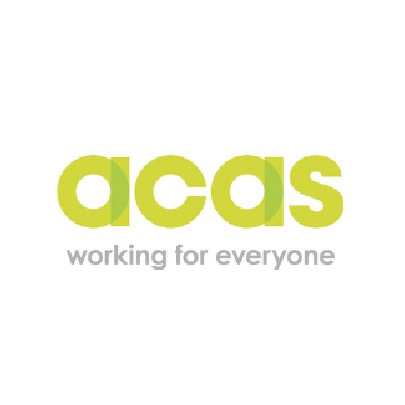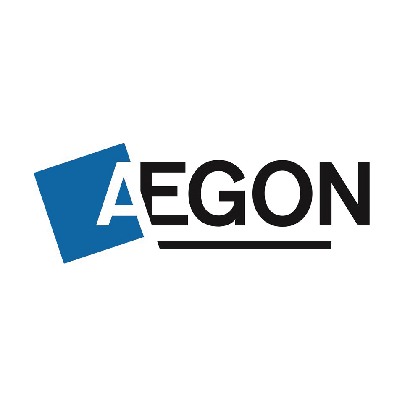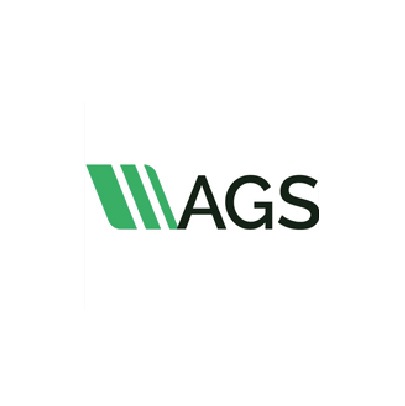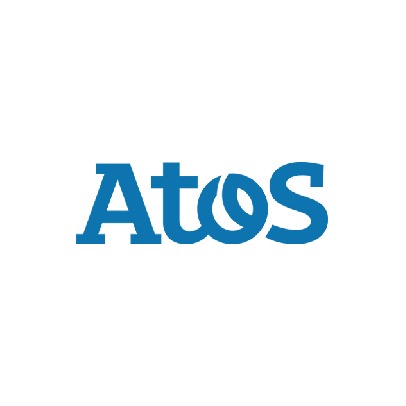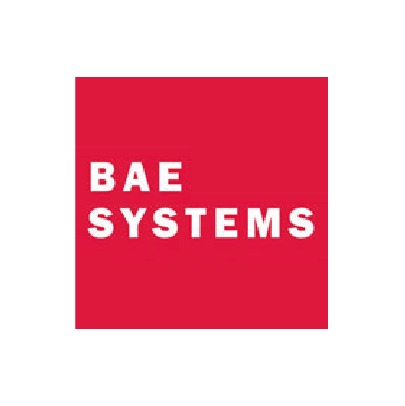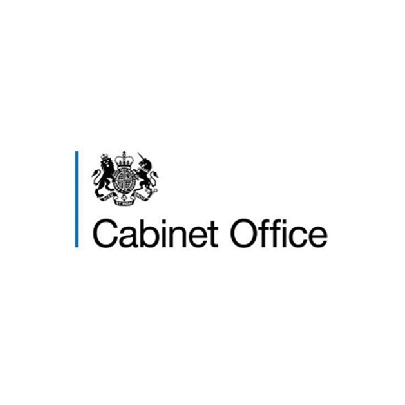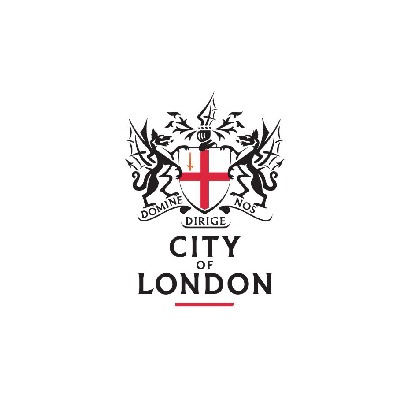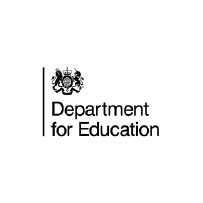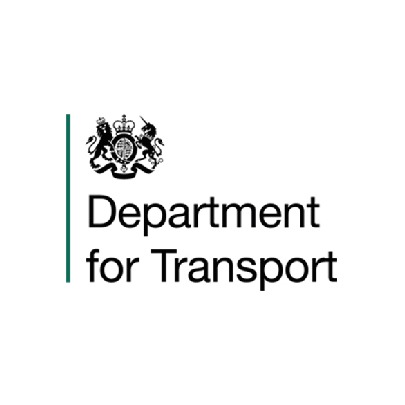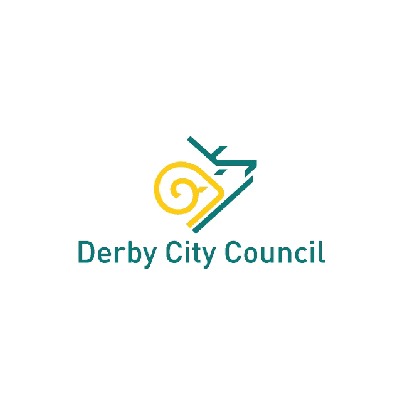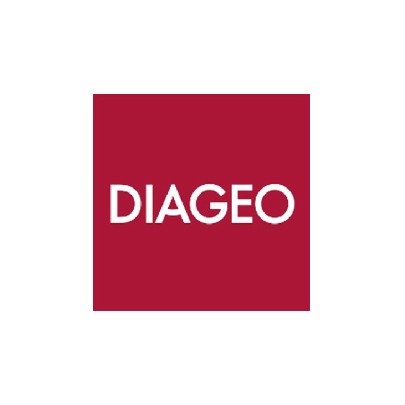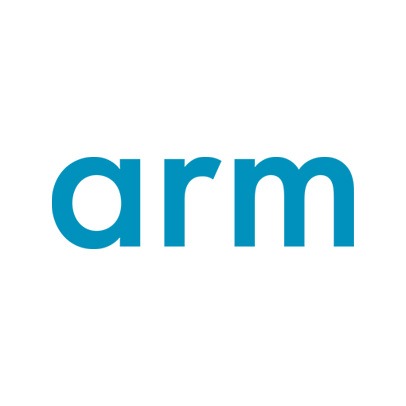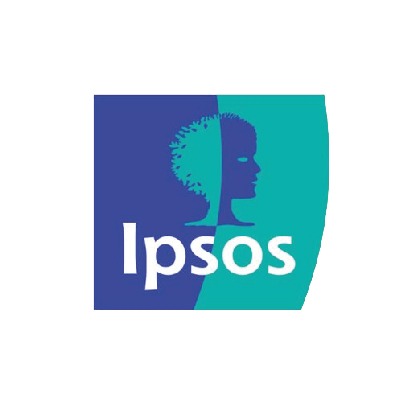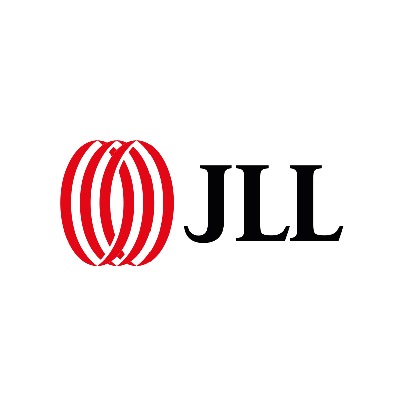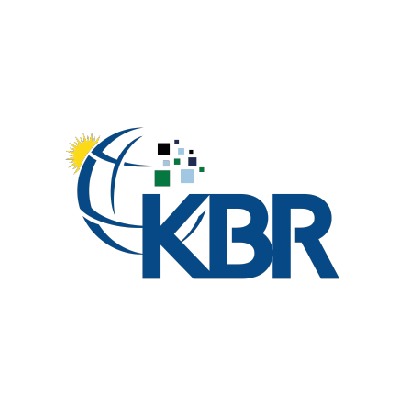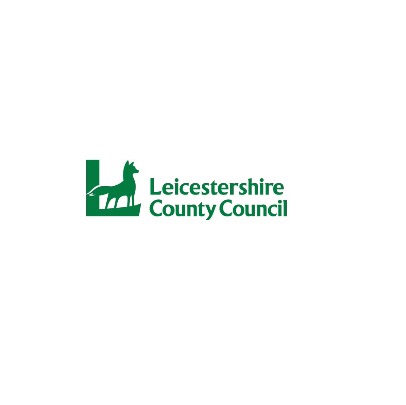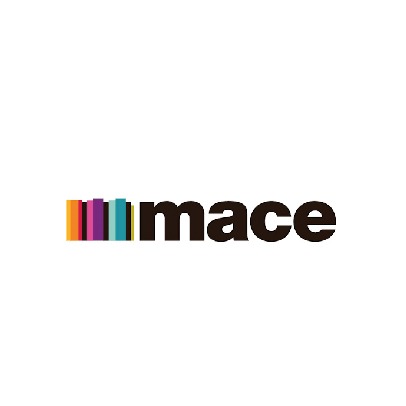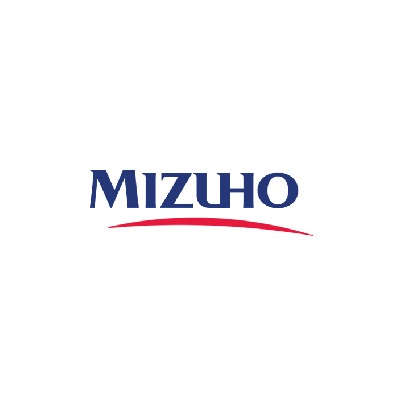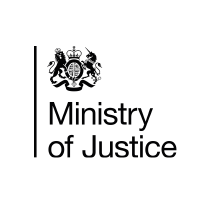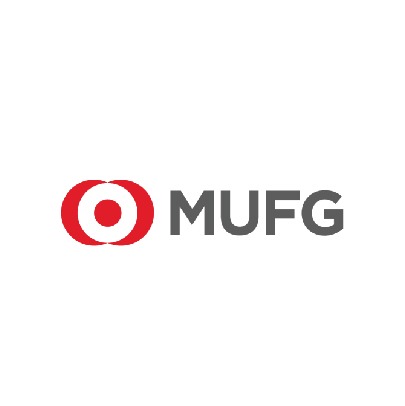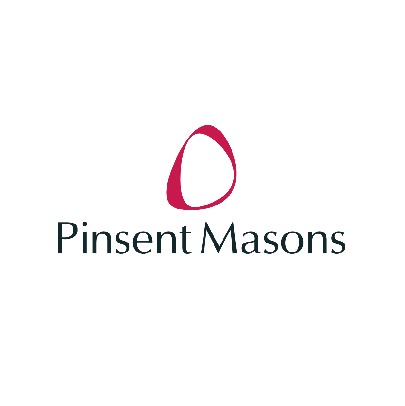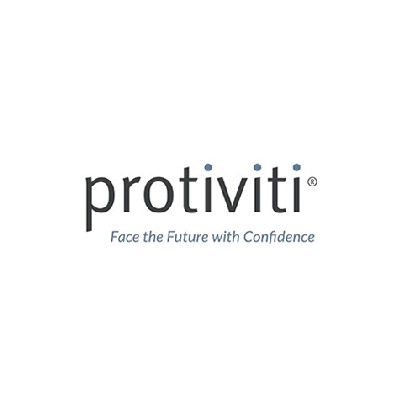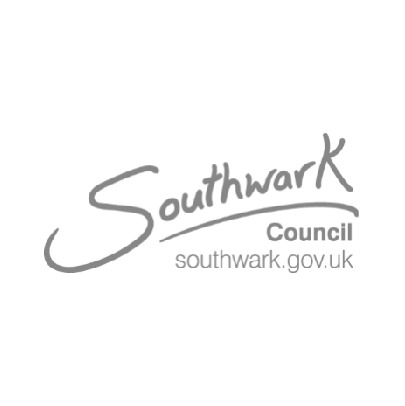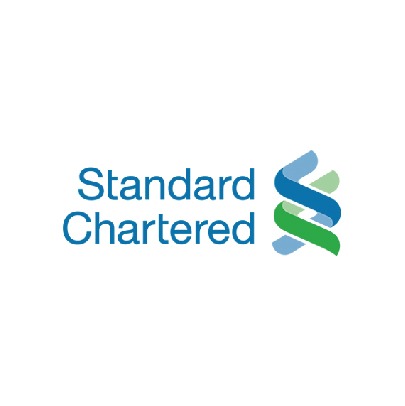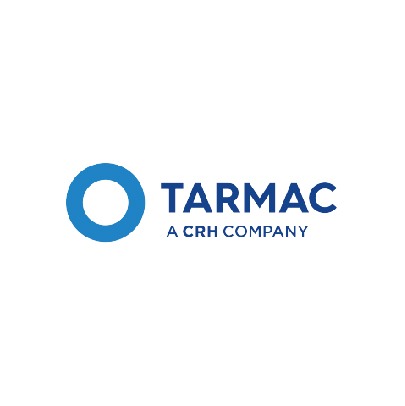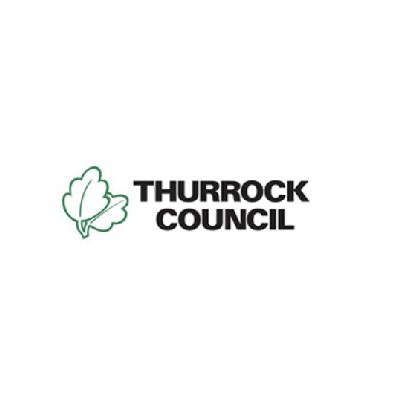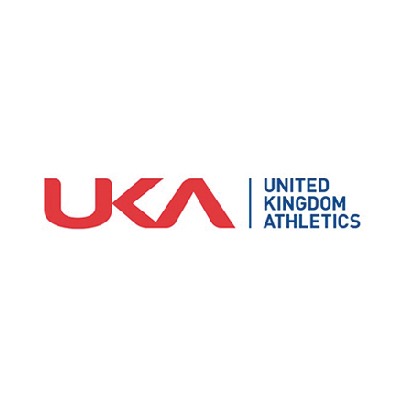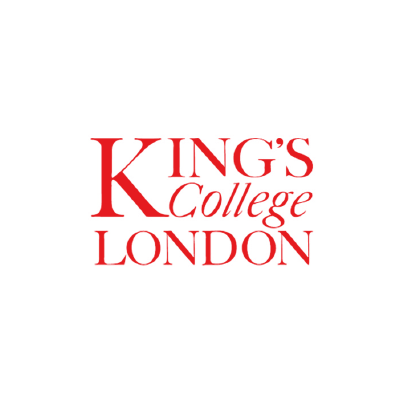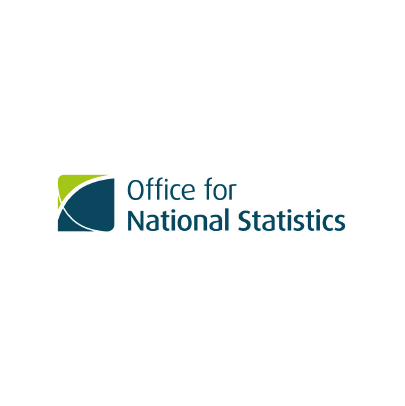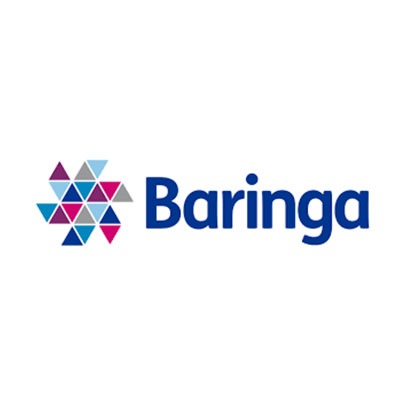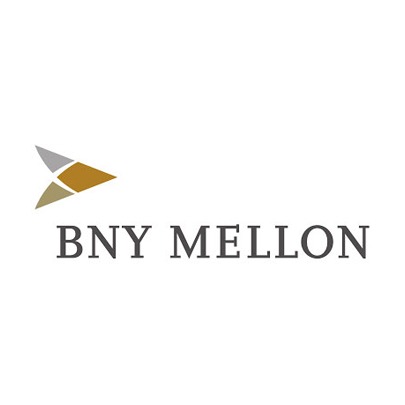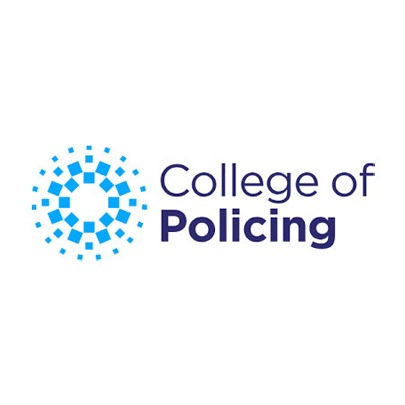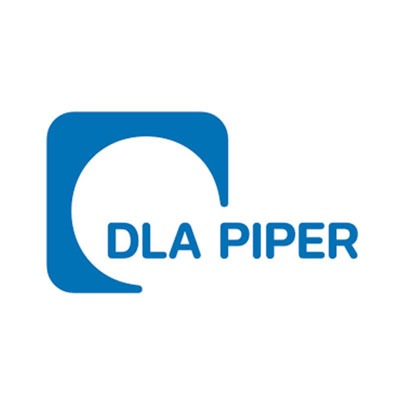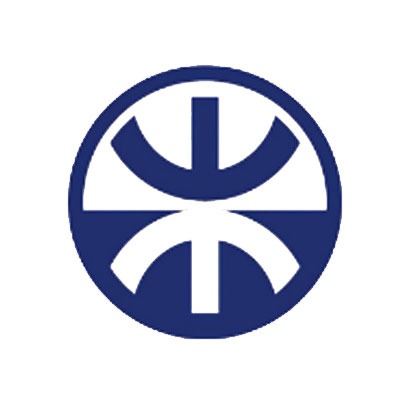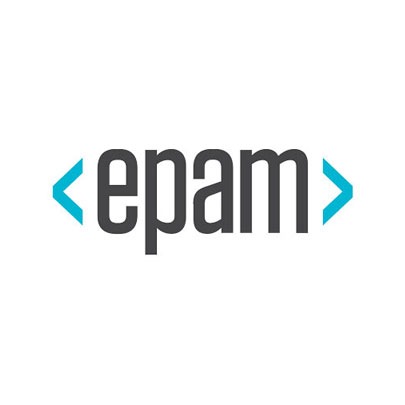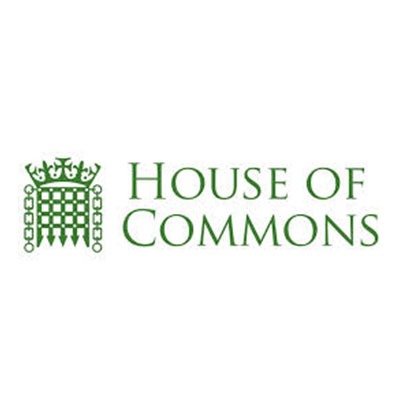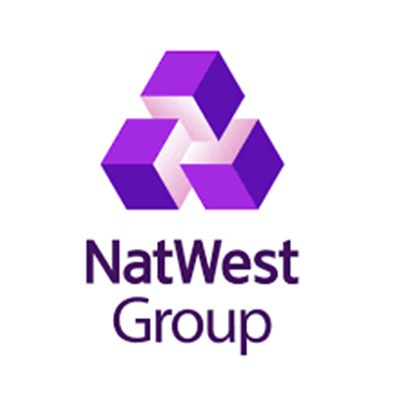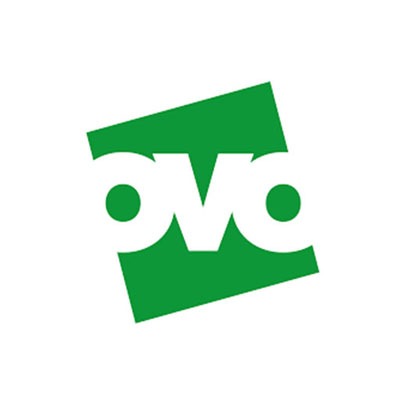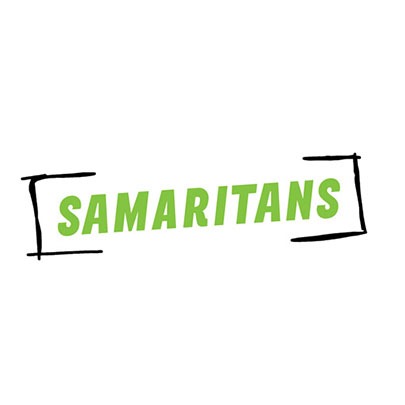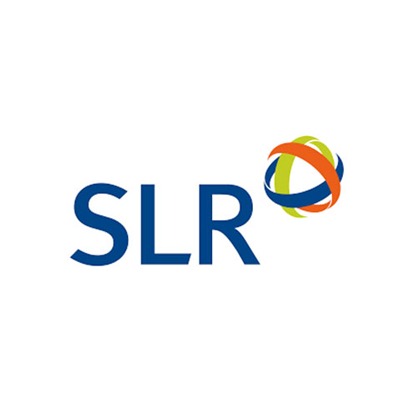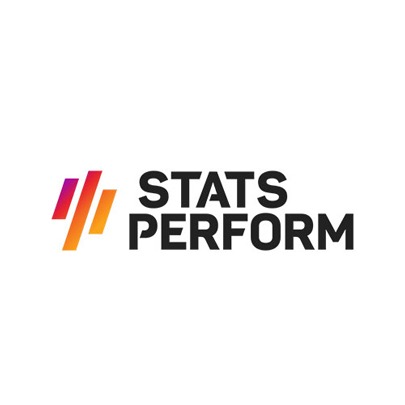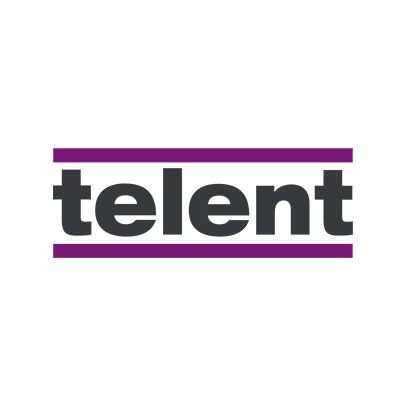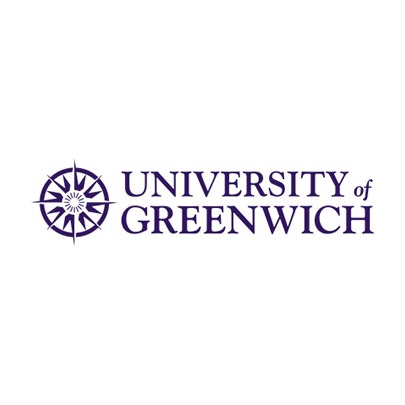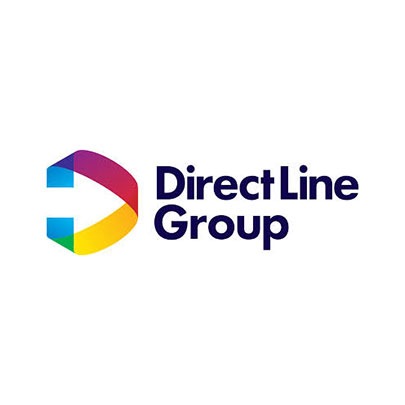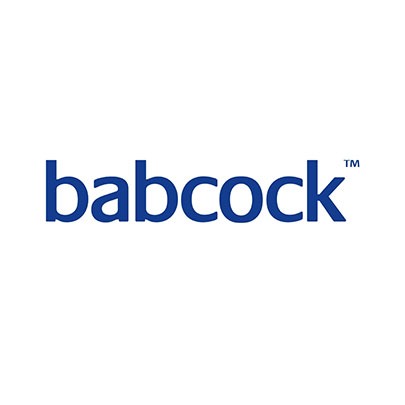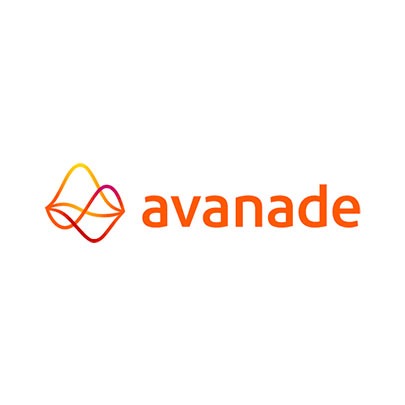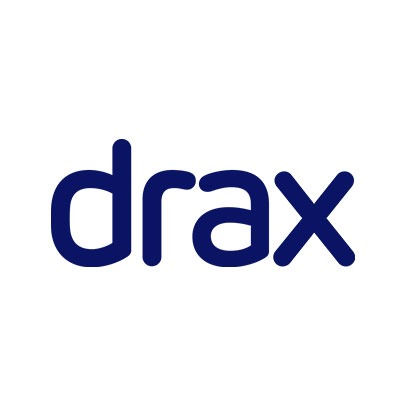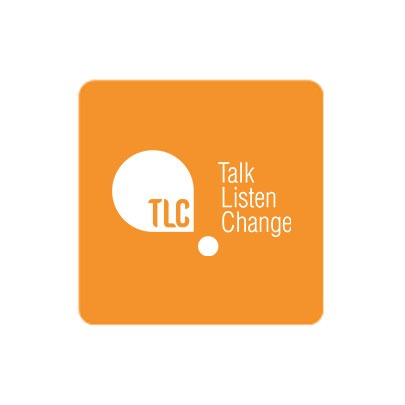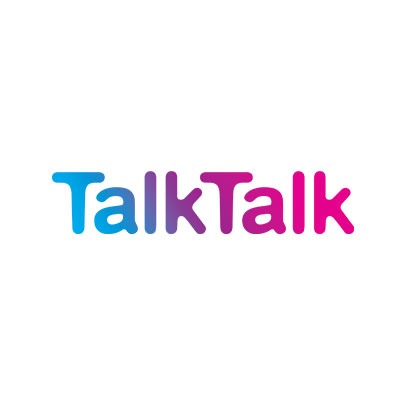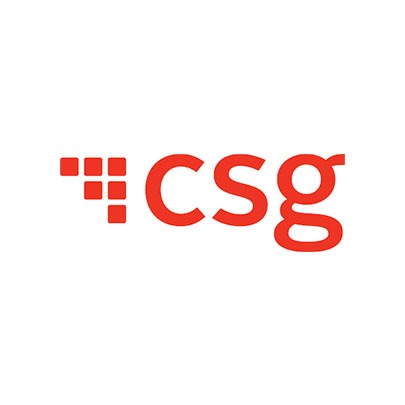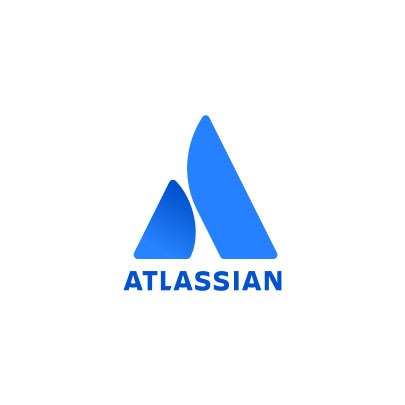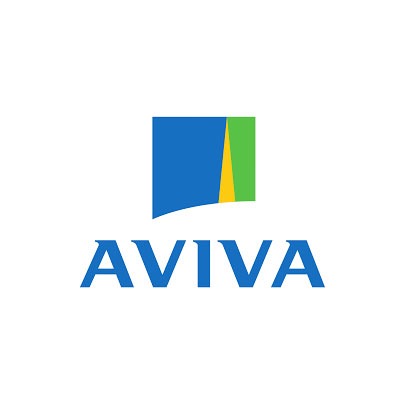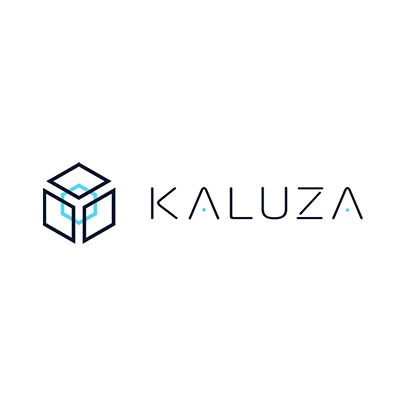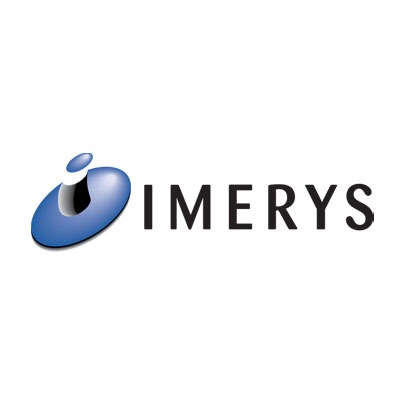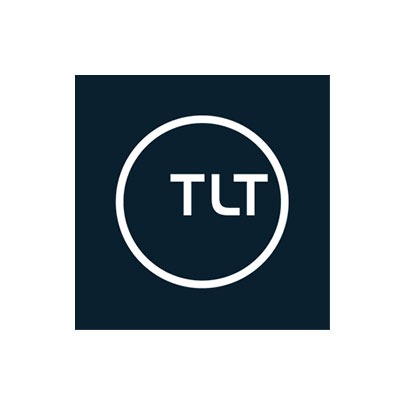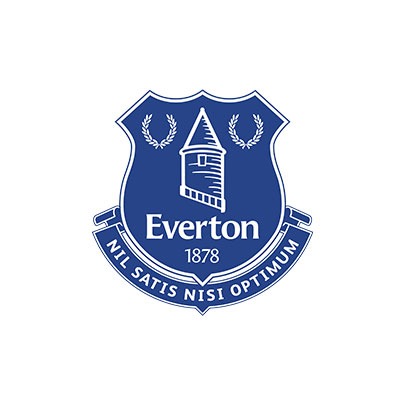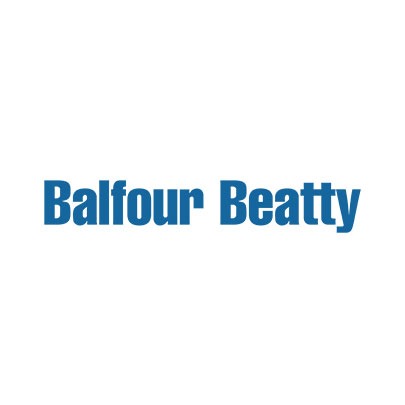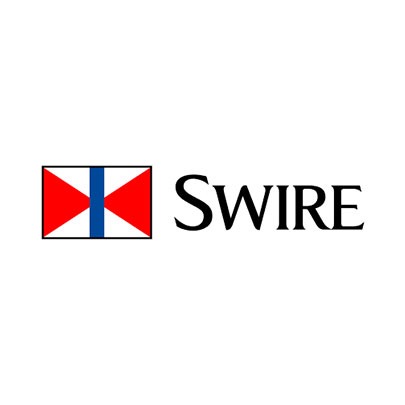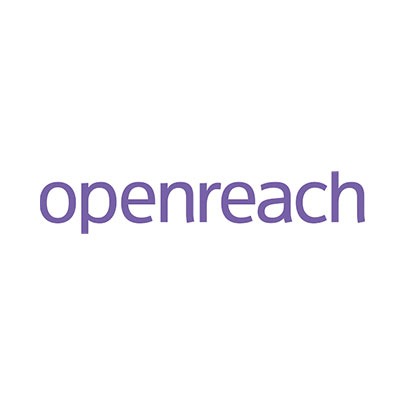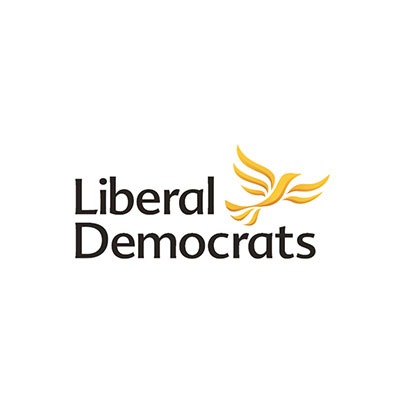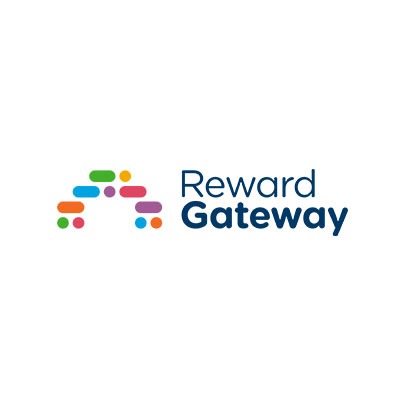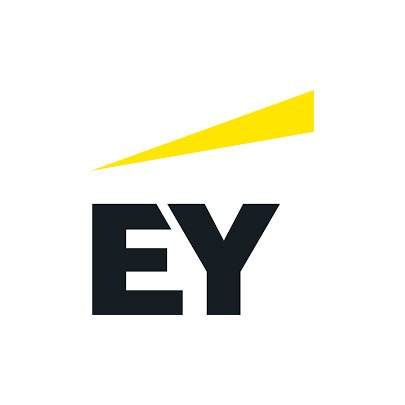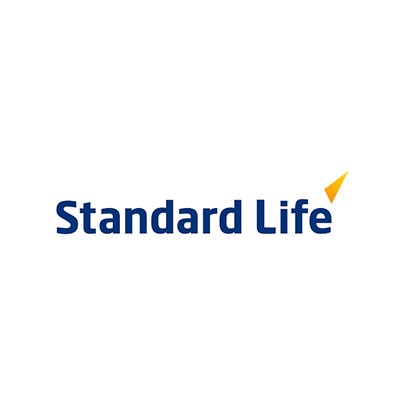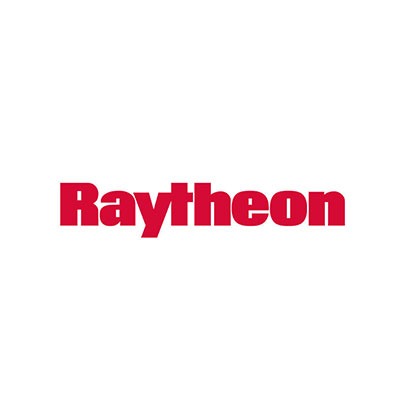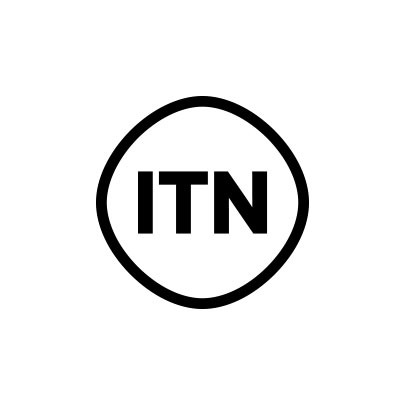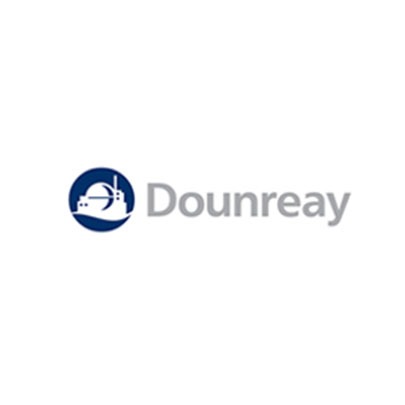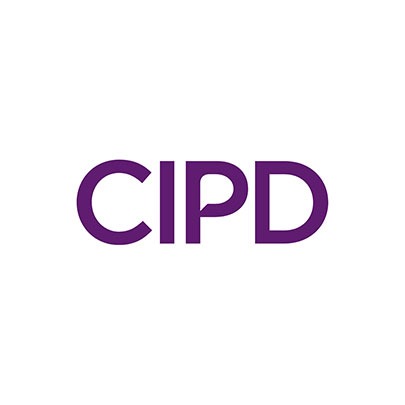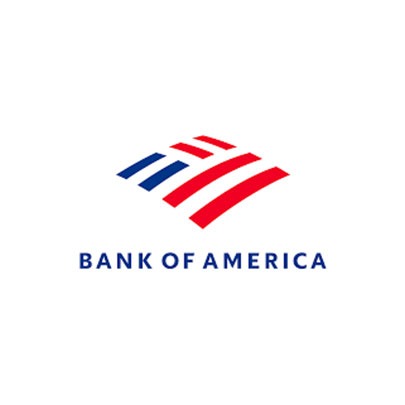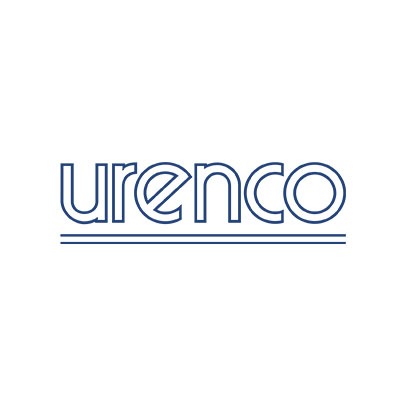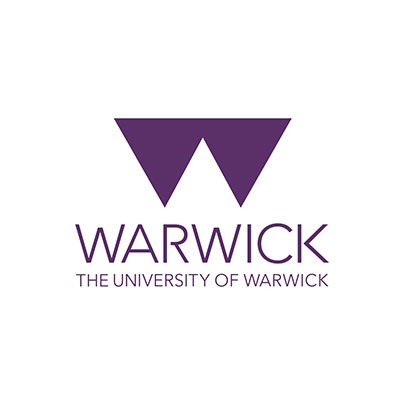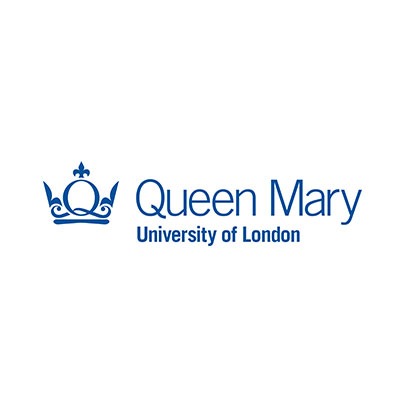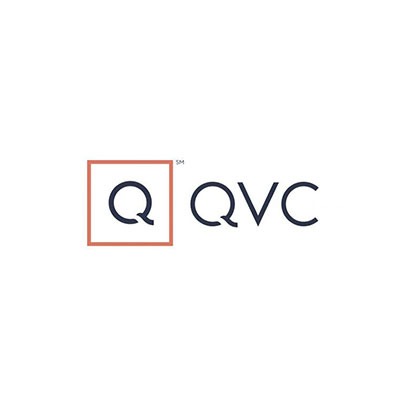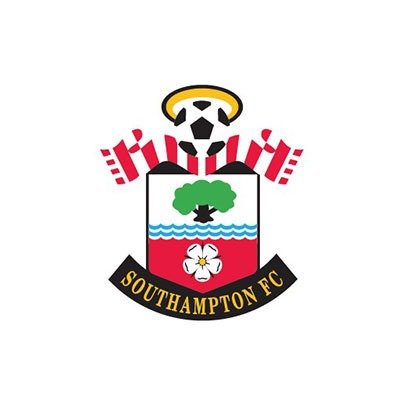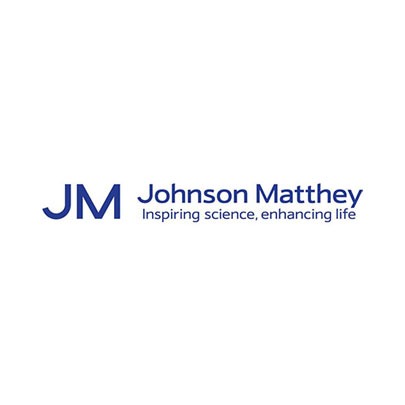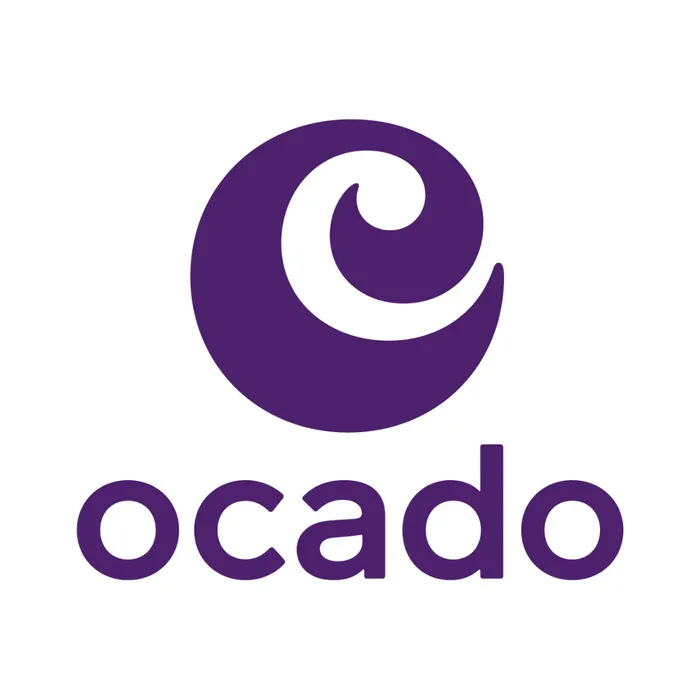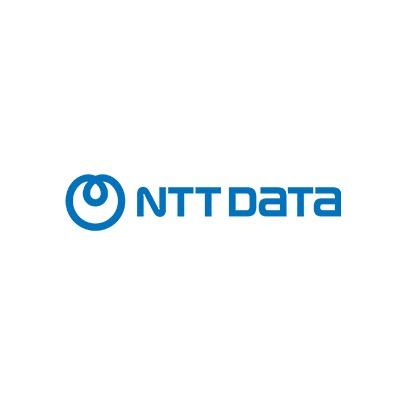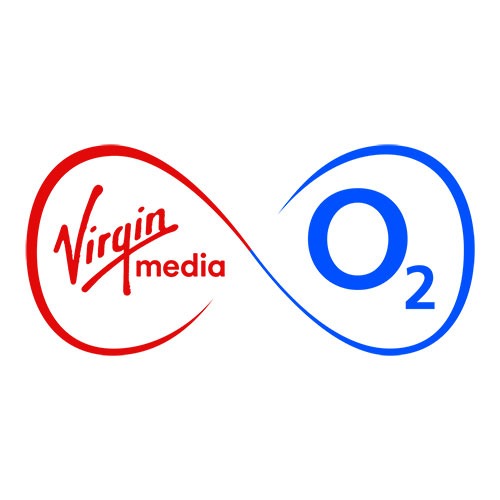The role of employee networks is evolving and many ERGs play a key role in influencing EDI strategy. At University of Sunderland, ERGs don’t just influence policy and projects – they drive strategy from the ground up. Former EDI Manager Justine Gillespie shares how its networks have evolved into a key strategic resource for the university.

The life-changing University of Sunderland has 25,600 students based in campuses on the north-east coast, in London, Hong Kong, and at its global partnerships with learning institutions in 15 countries.
Internationally recognised for its outstanding work in widening participation in higher education, as well as for producing ‘world-leading’ research that impacts people’s lives, the University has nurtured its employee networks as a safe space for hundreds of employees.
The University has 9 networks covering a wide range of diversity strands, and when EDI Manager Justine Gillespie took on the role, she decided to centre her work around these networks, to leverage their insights and expertise. Five years on, the University of Sunderland’s networks play a key role in driving strategy. “Our networks are central to everything we do. They identify our EDI priorities”, explains Justine. While employee networks highlight unseen issues and contribute to strategy in many issues and contribute to strategy in many organisations, at University of Sunderland the majority of the EDI strategy is the change networks want to see.
A powerful example of this can be found in the university’s Family Network, which successfully changed Paternity Leave policy, after highlighting the issue with the EDI Team. Similarly, staff networks have helped the university to introduce Neonatal and Carer’s Leave, anticipating the need for these new policies ahead of legislative changes. Justine says that how the University works with its networks, is central to their success. “We don’t expect our networks to write policies or even do much of the work. Their role is clearly defined as an advisory one, which allows for greater impact.” It’s clear that Sunderland’s networks have highlighted barriers and what is impressive, is how quickly these barriers have been removed in order for equitable experiences to be available for everyone.
The University evaluates its staff networks each year. Results from its annual survey show that nearly 100% of colleagues believe employee networks contribute to the value of inclusion while 89% say that they believe the University takes EDI seriously. Justine has no doubt that the university’s approach to ERGs drives these positive responses.
“I think our staff networks are so successful because they are independent and don’t sit within HR. They can see that their voices make a difference. There are so many examples of our networks driving positive change.” At Sunderland, employee networks report into Justine and then directly to the Deputy Vice Chancellor, so they have a direct line which helps them drive a range of impactful changes with speed.
One such change came after the REACH (Race, Ethnicity and Cultural Heritage) staff network braved a challenging conversation. The university had been putting a lot of time and effort into the Athena Swan Charter Mark and when REACH scrutinised data on career progression, they found that there were also significant barriers for ethnically minoritised staff. REACH worked with the EDI Team to present their case to the Vice Chancellor Executive. “The REACH Network posed a difficult question and identified a stark issue, which needed addressing”, says Justine, explaining how they influenced the decision to work towards the Race Charter Mark. “Today, as a result of their influence, we’re more committed than ever to closing the ethnicity gap.”
As well as supporting the university’s diverse recruitment drive, Justine believes that networks also support with retention. “We know that people have been retained because of our staff networks. They do amazing work in terms of building belonging and helping people to feel seen and valued.”
Among its 9 staff networks, the university has two ERGs which are especially innovative in terms of their specificity. The Menopause Network supports many colleagues, as 60.75% of university staff are women and over 50% of that population are over 50. “Staff have told us that the Menopause Network has helped them to cope and that as a result, they’ve been able to keep working! The Menopause Network has also done incredible work in helping the University create Menopause Guidelines with policy changes such as including menopause as a reason for sick leave and providing additional days for this”, says Justine.
Additionally, the university’s Men’s Engagement Network, provides a unique space for male employees and any member of staff that identifies as a man, boosting their engagement with EDI and encouraging them to become allies. “I felt very strongly that we needed to draw men into our EDI conversations and not just continue to point fingers at them”, says Justine. “Our data showed that men weren’t engaging with our networks or EDI training, so we created an environment where they could contribute and it’s been incredible. The way they organise themselves and the types of events they run is completely different to the other networks and that is the beauty of it. They are doing what is needed to build space for much needed conversations and support around men’s mental health and male prostate and testicular cancer, working intersectionally with other Networks and it’s a movement that’s really growing. It’s my greatest joy!”
The University is also developing its Executive Sponsors and Justine says that over time, this will elevate ERG impact even further. “We’re already seeing results, in terms of senior buy-in. One of our networks suggested a name pronunciation tool for email signatures and a Sponsor was able to action this immediately because they now have clarity about their role.”
Four years into the university’s network journey, ERG membership has increased an amazing five hundred fold and all networks have matured to become a vital strategic resource. The University of Sunderland’s ten staff networks have positively impacted recruitment and retention, as well as shaping EDI policy from the ground up.
“One of the problems with a top-down approach to EDI is that it can be seen as performative”, concludes Justine. “For us, a bottom-up approach – which leverages our networks’ insights and their rich lived experience – has been very successful. Our networks are seen as incredibly valuable and strategic change drivers and as a result, we’ve created a greater sense of belonging for everyone.”
Radius is the global leader in employee network and resource group development. The 2025 Radius Global ERG Impact Report shines a light on the impact ERGs are making for businesses all over the world.
Download the full report here and look out for our 2026 report, coming soon.


